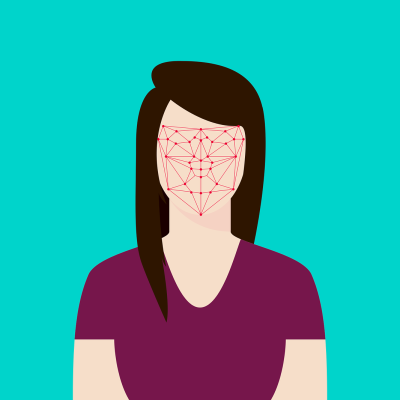Earlier this year, the Privacy Commissioners of British Columbia (OIPC BC), Alberta (OIPC AB) and Quebec and the Office of the Privacy Commissioner of Canada (OPC) announced that they were commencing a joint investigation into the use of facial recognition technology by Clearview AI, an American technology developer.
Days later, the OPC announced that it was investigating the Royal Canadian Mounted Police’s use of Clearview AI’s facial recognition technology.
The OIPC BC and the OIPC AB are investigating compliance with privacy legislation that applies to the private sector, including financial institutions, being the Personal Information Protection Act (British Columbia) and the Personal Information Protection Act (Alberta).
The OPC is investigating compliance with federal privacy legislation that applies to the private sector including financial institutions, the Personal Information Protection and Electronic Documents Act (PIPEDA) and compliance by the RCMP with the federal Privacy Act.
No details were given on what practices among Canada’s financial institutions are being investigated.
Clearview AI’s website describes its powerful facial recognition software as “a new research tool used by law enforcement agencies to identify perpetrators and victims of crimes.”
Its website goes on to state that:
Clearview AI’s technology has helped law enforcement track down hundreds of at-large criminals, including pedophiles, terrorists and sex traffickers. It is also used to help exonerate the innocent and identify the victims of crimes including child sex abuse and financial fraud.
Clearview AI’s technology scrapes the internet including sites such as Facebook, Instagram, You Tube and others to mine facial data. It markets its product by claiming that its technology can identify almost anyone. It does this by analyzing photos of unidentified faces, and then attempts to match them to more than three billion images it has collected without the individuals’ consent.
Its website even claims to be able to identify children.
Parents, think twice about signing the forms that return home from schools to authorize your child to use “educational tools” promoted by a certain large American technology company.
Many law enforcement agencies, including those in Vancouver, Edmonton, Calgary and Toronto, have admitted to using this technology. Since the City of Kelowna is policed by the RCMP, it is possible that this technology is being used right here in Kelowna.
Chicago’s police force dropped its use of this tool, after recently being sued by the American Civil Liberties Union (ACLU). It continues to use similar technology from another provider.
This technology can lead to unwanted tracking and invasive surveillance because it can instantaneously identify everyone at a protest or political rally, a house of worship, a domestic violence shelter or an Alcoholics Anonymous meeting.
A facial image can also be used to collect much more information, including the person’s name, phone number, address, workplace, occupation, family members, friends and more. This information is amassed from sources that include social media, professional profiles, photos posted by others, and government databases.
Critics point out that this technology could increase racial biases in policing. They are also concerned that it could be introduced as evidence in criminal proceedings, even though it is of questionable accuracy.
The House of Commons Standing Committee on Access to Information, Privacy and Ethics is apparently looking into the implications of facial recognition technology, though it has not yet had any meetings.
Canadian privacy legislation, including provincial legislation in British Columbia and Alberta and PIPEDA, is based on the principle that personal information is generally not to be collected, used or disclosed without the individual’s informed consent. Informed consent is not being sought.
Some say stronger privacy laws are required. They advocate for legislation that requires those who collect, use and disclose personal information to obtain a licence from a governmental authority, which carries with it certain restrictions. Such legislation might also contain financial consequences for violations, at levels which cannot be absorbed as simply a cost of doing business.
Post Script: In June, 2021, the Privacy Commissioner of Canada found that Clearview AI violated Canada’s federal private sector privacy laws. He stated that the RCMP’s use of facial recognition technology “to search through massive repositories of Canadians who are innocent of any suspicion of crime presents a serious violation of privacy.”
“A government institution cannot collect personal information from a third party agent if that third party agent collected the information unlawfully.”
This is a slightly modified version of an article that appeared in the Kelowna Capital News and other online publications on or about June 7, 2020. The content of this article is intended to provide very general thoughts and general information, not to provide legal advice. Advice from an experienced legal professional should be sought about your specific circumstances. We may be reached through our website at inspirelaw.ca.
